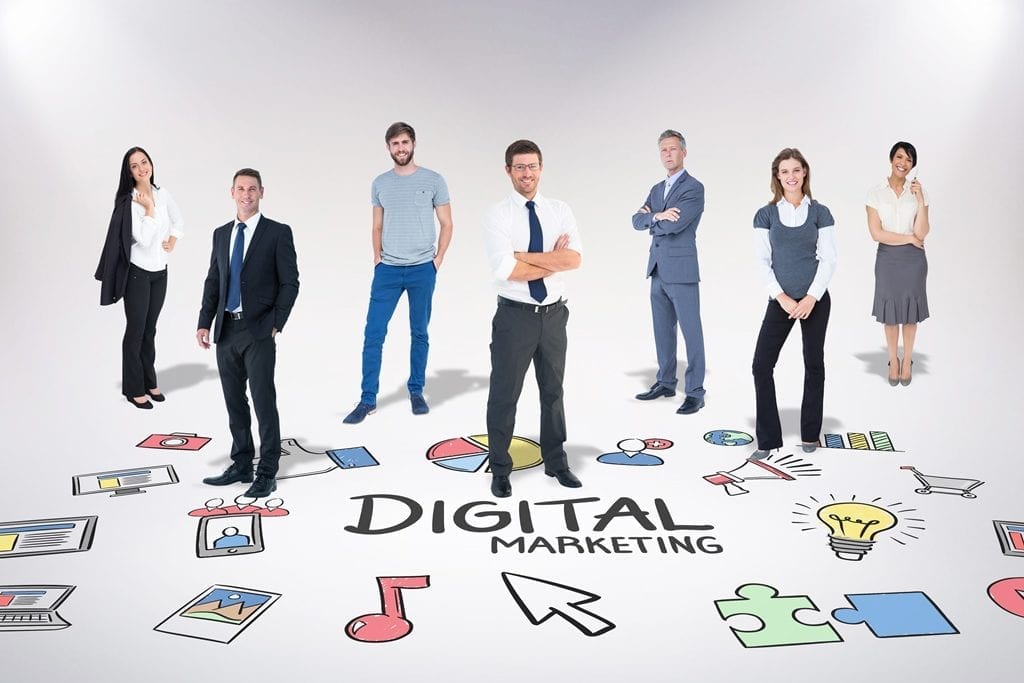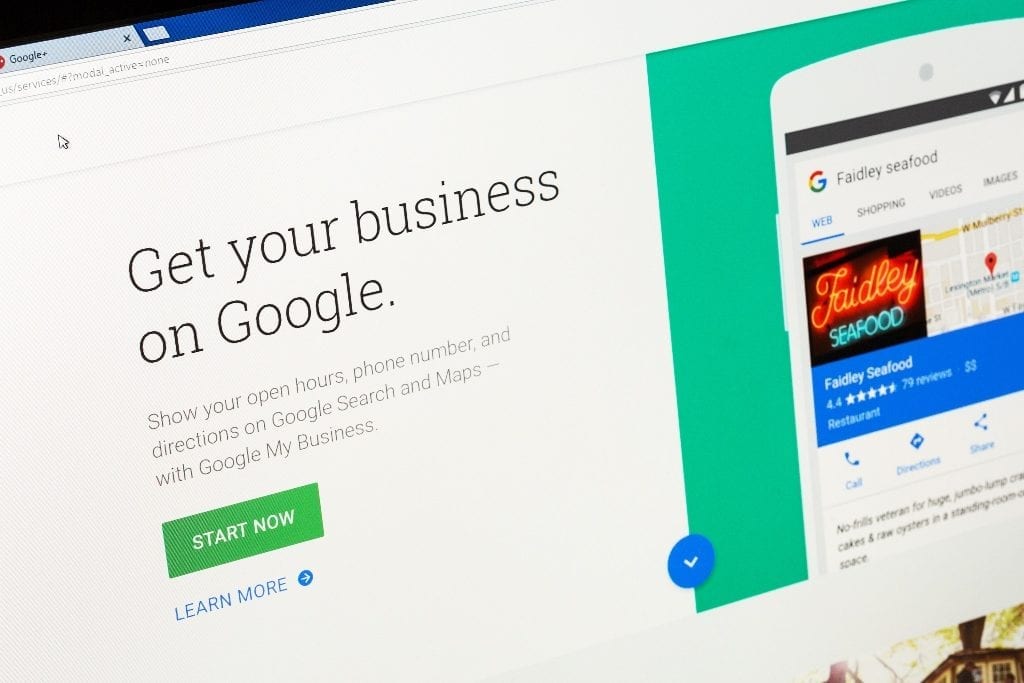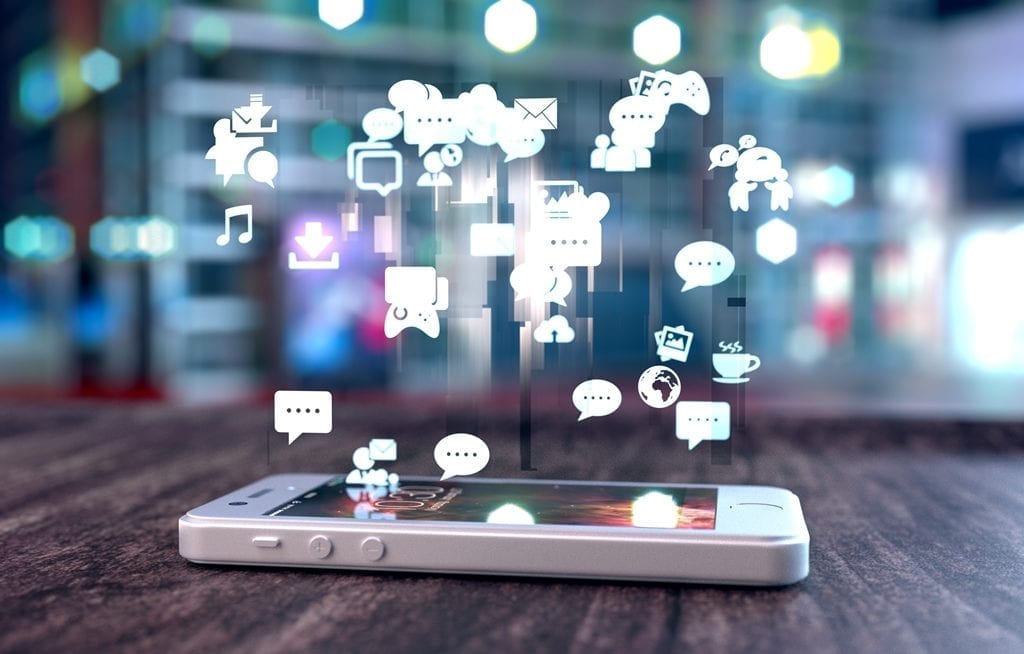If you are a big fan of Hollywood movies, you may find it discomforting to see how Artificial Intelligence (AI) is changing digital marketing practices. In reality, however, the advancement in AI technology is seen as the next step towards a whole new world of possibilities. As a marketer, you may need to keep a close watch on this technology as it has already begun to influence the marketing practices to a great extent.
A majority of the digital agencies are already using AI to improve their marketing efforts. As we transcend into the digital era, it may be useful for you to understand how AI is changing the digital marketing scene. When we talk about AI in digital marketing, we actually address AI-powered machine learning, which allows the machines to learn and improve performance through data analysis.
AI has the potential to benefit brands across various sectors with its intuitive approach. However, the real value of this technology lies in its ability to analyse data and provide crucial input for the strategies.
Read More: Harnessing the Power of Paid-Media by Artificial Intelligence Integration
Here, we are going to discuss 5 significant ways in which artificial intelligence influences digital marketing practices.

Google’s Hummingbird algorithm update made it quite clear that personalised user experience should be the primary objective of all digital marketing practices. And as the AI technology keeps improving, it is only a matter of time when AI will be playing a pivotal role in helping marketers organise personalised content campaigns.
Advanced data analysis functions of artificial intelligence can help marketers discover what kind of content their target audiences need. AI can help create a more effective marketing strategy as it will be driven by the user data, not guesswork.
[bctt tweet="AI-powered chatbots are already here to enhance user experience. And this is only the beginning." username="relevance"]

Besides helping marketers to personalise their marketing strategies, AI Data Analysis also helps improve user experience by powering predictive marketing. Every time a user uses the internet, be it for watching a video on YouTube, buying a product online, or simply searching something on Google, the data is gathered by AI for analysis.
The gathered data provides insight into user behaviours, needs, and future actions, allowing marketers to deliver the most relevant information to users. It is like serving the information to the consumer on a silver plate. This simplifies the decision-making process for the users. In addition, as AI starts delivering accurate information, the need for customer research may also reduce over time.
Also Read:What Every Content Marketer Should Know About Artificial Intelligence

Google’s RankBrain algorithm update, which is a machine-learning AI system, uses almost every possible piece of information it has access to (including social data, user-generated data, browser history, click patterns, etc.), to provide the user with the best answer to a particular question. It is basically a machine that is trying to think like humans.
According to a Bloomberg report, “If Rank Brain sees a non-familiar word or phrase, the machine can make a guess as to what words or phrases might have a similar meaning and filter the result accordingly, making it more effective at handling never-seen-before search queries.”
Whenever a user makes a new search query, RankBrain tries to map this new query to words that have the best chance of matching it. In fact, this machine learning AI technology tries to guess what a user really means over time and keeps all the records to see how it can provide with the richer user experience.

Previously, image recognition was limited to identifying only the isolated objects in a photo. However, technology has evolved since then. Now, it is possible to get a detailed description of an image with the help of AI technology. Take Amazon Rekognition for instance. It is one of the newest innovations from the company that can identify various things including objects, human faces, and their emotions as well.
Whether you realise it or not, this technology can open new avenues across various sectors. Financial and banking sector can use the image recognition technology to provide better customer security and faster payment processes. As you may have noticed, several payment methods only require the customer to scan a QR code in order to make the payment.
[bctt tweet="Quicker payment and enhanced customer security may be cool features to boast about in your marketing activities. " username="relevance"]
However, digital marketers can leverage AI image recognition technology in creating more accurate strategies. Since users nowadays post more images than text on social media, AI image recognition can help gather crucial information about the likes, interests, and habits of a user, just by analysing their images.

If you have been observing the SEO trends over the past few years, you may have noticed that consumers have started to shift to voice search from the conventional option of text input. In fact, more than 20 per cent of searches made on Google search engines are now voice based. And this trend is only going to gain speed in the coming years.
As you may realize, AI-powered speech recognition is becoming a normal part of human interaction with machines. Altering the SEO activities can only deliver limited results. On the other hand, the AI speech recognition technology has the potential to revolutionise marketing efforts in compliance with the increasing popularity of voice searches.
What the users say to the machine, be it a voice search or a phone call, is becoming crucial for businesses, allowing them to personalise the customer experience. This data can further be used to improve SEO efforts to help a brand reach the top slot in the voice searches. Also, digital ads can be retargeted to the consumers based on the product interest they have expressed via phone.
As the businesses start to understand the role of artificial intelligence (AI) in their industry, we may get to see better utilisation of this technology to drive sales and boost ROI. Yes, it is going to be intimidating for businesses to consider the consequences of letting machines make the decisions. However, it is undeniable that AI has the ability to deliver accuracy which human efforts can never match.